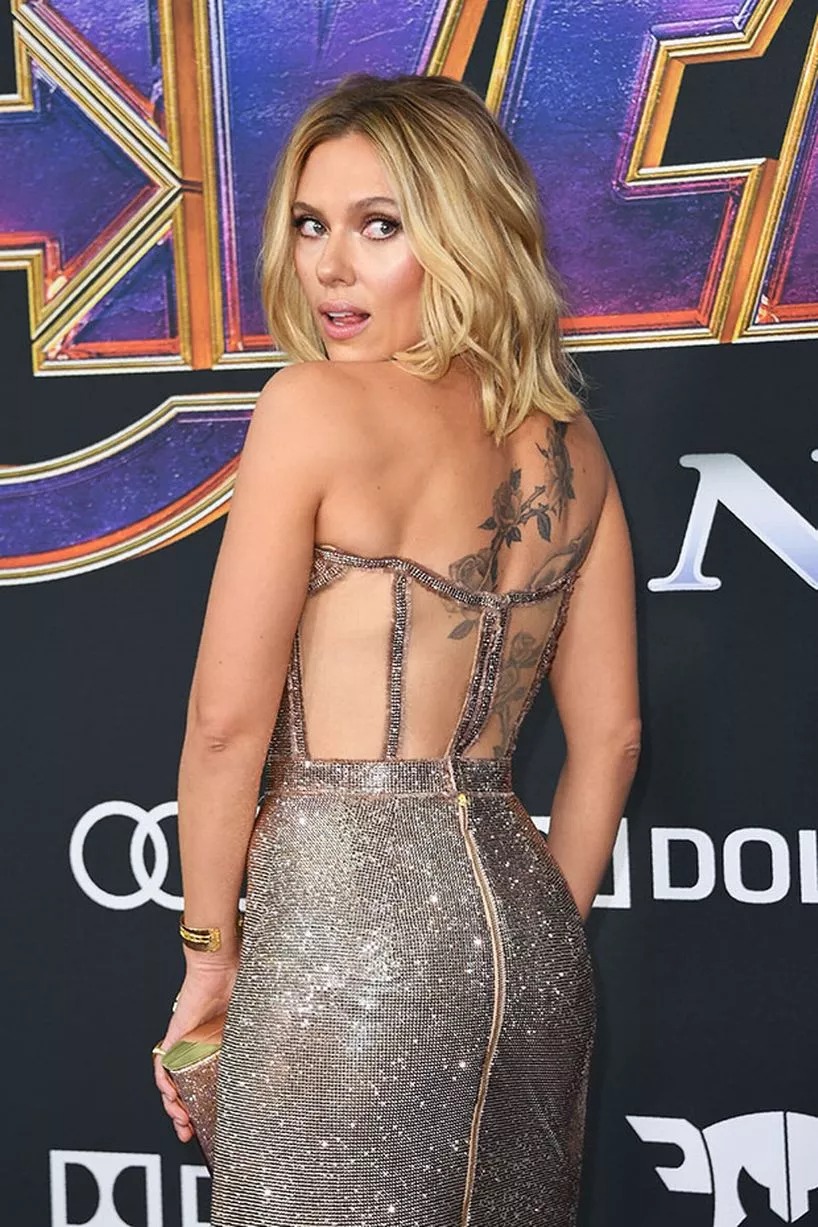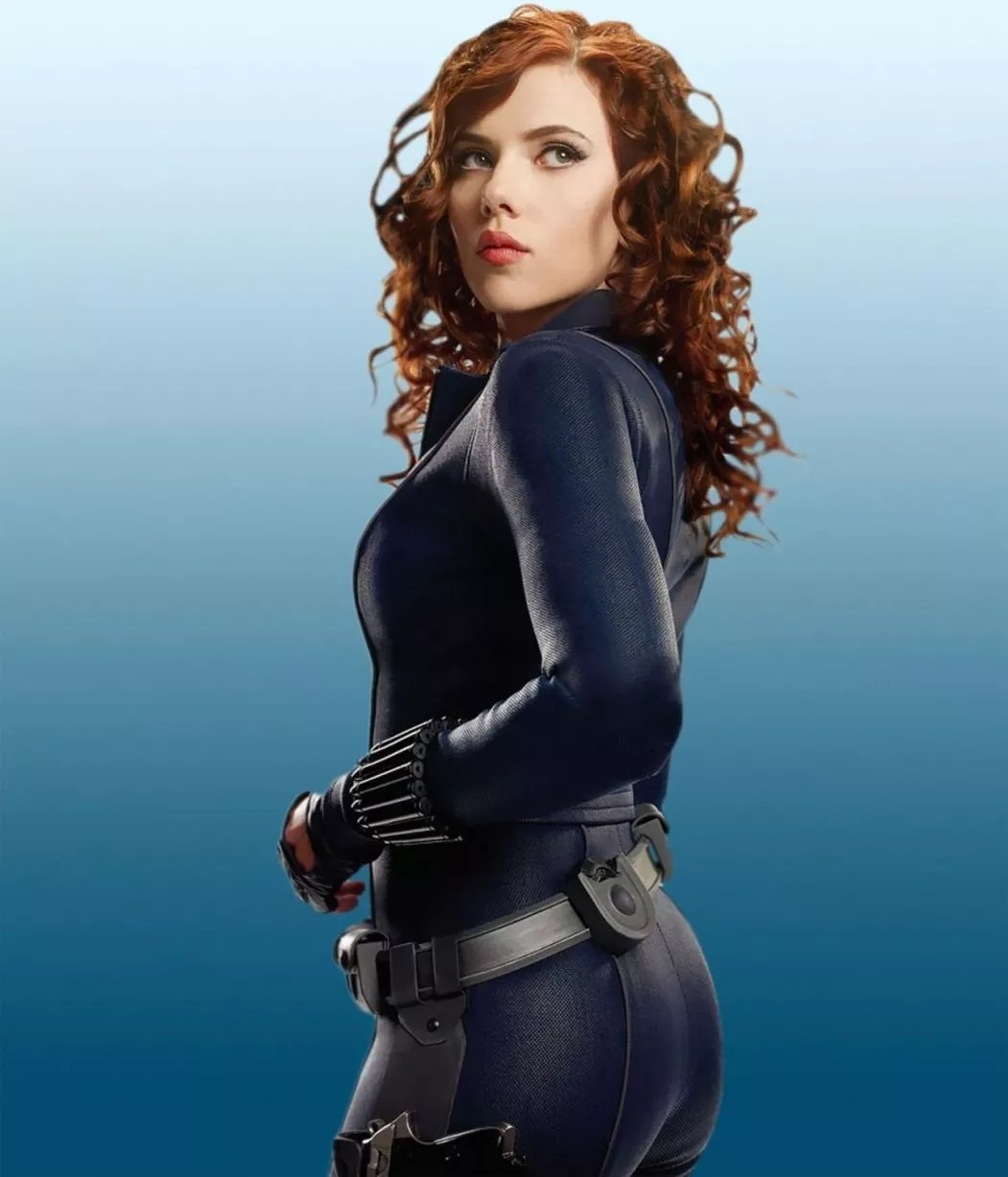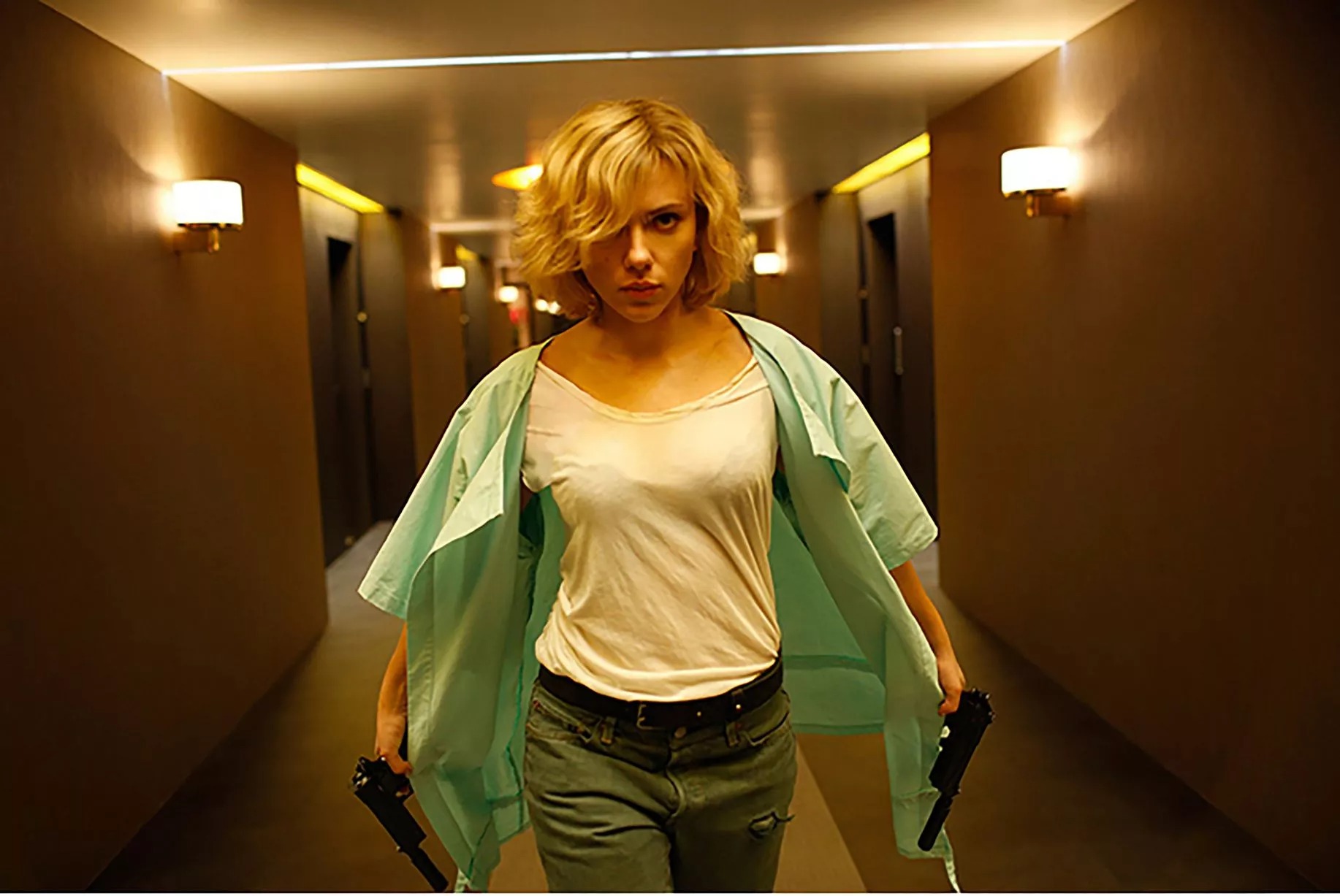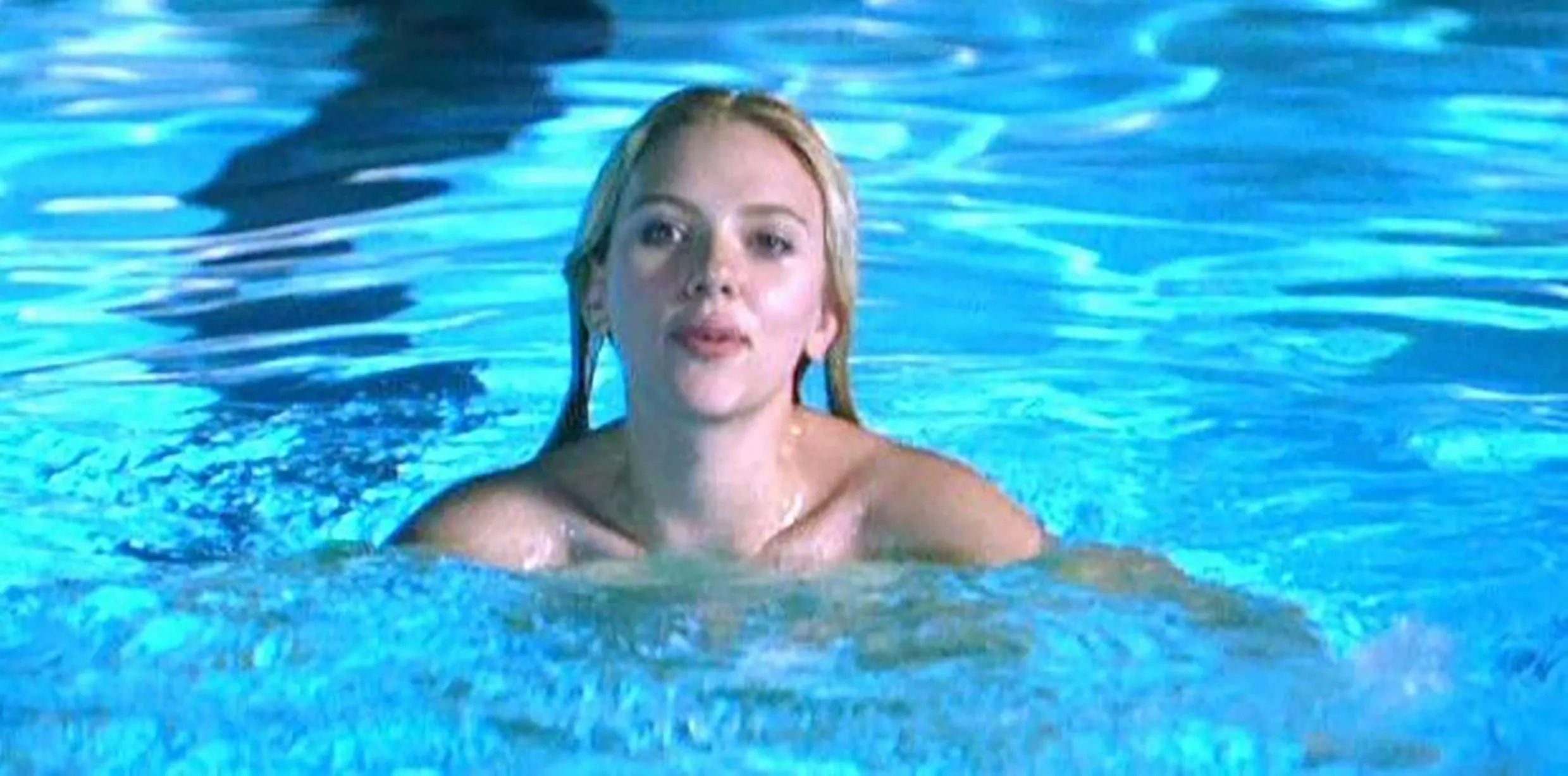On paper, the 1995 fantasy adventure film Jumanji sounded like a project that was doomed to fail. Between its oddly adult themes, ambitious practical effects, and surprisingly dense fantasy mythology, Jumanji was a mishmash of seemingly conflicting ideas that could have been a complete disaster. However, the solid direction from veteran special effects supervisor Joe Johnston and brilliant comedic performance from the late great Robin Williams turned the enchanted board game story into a modern family classic that has even spawned its own franchise. Although Jumanji’s visual wizardry made it a technical gamechanger, the film succeeded due to the strong performances from its cast. Though it’s hard to imagine anyone but Kirsten Dunst in the lead role, Scarlett Johansson nearly earned one of her first roles in Jumanji.

Why Did Scarlett Johansson Lose the ‘Jumanji’ Role to Kirsten Dunst?
Based on the 1981 children’s book of the same name, Jumanji follows the children Judy (Dunst) and Peter Shepherd (Bradley Pierce), who discover an enigmatic board game with the power to bring its game pieces into reality. After a few rounds of the Jumanji game, Judy and Peter accidentally release a gang of mosquitos and ravenous monkeys into the world. However, they also free Alan Parrish (Williams), a man who has been trapped in the game since he was a child. Jumanji succeeds because it’s told from a child’s perspective; it’s easy to forget that Alan has never experienced “adulthood” because he has been trapped in Jumanji since he was young. Although the role nearly belonged to Tom Hanks, Williams perfectly embodied the adolescent goofiness that the role required.

While Williams’ casting was pitch-perfect, Jumanji required excellent child performances to lead the narrative. Ultimately, the film is a coming-of-age story that shows how Judy and Peter learn to trust in their own abilities and make brave decisions; they have to make up for the consequences of playing Jumanji, and land the responsibility of returning Alan to the time and place that he belongs. As good as Pierce is, it’s Dunst’s performance that elevates Jumanji from a standard fantasy farce into a heartwarming classic. Dunst was the perfect casting choice at the time, as she was just coming off two acclaimed performances in Neil Jordan’s vampire epic Interview With the Vampire and Gillian Armstrong’s adaptation of Little Women.

While Dunst certainly had an advantage in her audition based on her prior experience, an 11-year-old Johansson was also considered to play Judy. Despite delivering an enthusiastic audition for the role, Johansson was pᴀssed over when Sony Pictures opted to go with a more established young actor. Johansson revealed that she “wasn’t bitter enough” to be upset about losing the opportunity, and that she ultimately enjoyed the film when it was released. The same could not be said about her missed opportunity to star in The Parent Trap; after losing the opportunity to star as twins in the Nancy Meyers classic, Johansson joked that seeing the final film would be too “painful.”
While she would ultimately become one of the most successful actresses of her generation, Johansson had only a few screen credits prior to her Jumanji audition. Her career was not without a few false starts, as some of Johansson’s early screen credits were so poorly received that they threatened to derail her star trajectory. She had earned her first screen role in Rob Reiner’s 1994 film North, a disastrous family adventure that was annihilated by critics like Roger Ebert. She also appeared in 1997’s Home Alone 3, a disastrous Christmas sequel that cut out Macaulay Culkin and any sense of joy from the franchise entirely. While Johansson can’t be blamed for the unfortunate quality of either film, they did not allow her to showcase her talents as a performer.
Thankfully, Johansson distinguished herself by choosing artistically-minded projects from veteran filmmakers, which gave her the opportunity to show the depth of her abilities. Following her supporting role in Robert Redford’s 1998 tearjerker The Horse Whisperer, Johansson proved her talents as a leading performer in the 2001 coming-of-age dramedy Ghost World alongside Thora Birch. Johansson’s irreverent, heartfelt performance distinguished her among other actresses of her generation; the same year, she kicked off her recurring collaboration with Joel and Ethan Coen with a brief role in their noir thriller The Man Who Wasn’t There.
Despite her ᴀssociation with the role of Natasha Romanoff in the Marvel Cinematic Universe, Johansson actually avoided big budget spectacles until later in her career. She followed up her series of breakout performances with an emotionally complex role in Sofia Coppola’s 2003 dramedy Lost in Translation, which has now firmly established itself as a modern classic thanks to its ambiguous ending. The praise Johansson drew for her performance kicked off a series of critically acclaimed performances in arthouse dramas before her Iron Man 2 role gave her a recurring character within one of the most successful film franchises of all-time.

While Hollywood has turned out a number of unsuccessful reboots of nostalgic classics, the modern Jumanji series is one of the rare “legacy sequels” that has been successful. Although Jumanji inspired the spinoff family science fiction film Zathura: A Space Adventure, the franchise returned in full force with the 2017 sequel Jumanji: Welcome to The Jungle from director Jake Kasdan. While making a traditional sequel would have been challenging given Williams’ pᴀssing, Jumanji: Welcome to the Jungle told an original story that allowed Dwayne Johnson, Kevin Hart, Karen Gillan, and Jack Black to play “adult avatars” of adolescent characters.
Although the film was successful enough to inspire the 2019 sequel Jumanji: The Next Level, the future of the Jumanji franchise is unclear. Gillan has admitted that she hasn’t received an update on a fourth installment in the series, despite a mid-credits sequence in The Next Level that indicated that the story was far from over. It seems unlikely that Sony Pictures would abandon a franchise as commercially successful as Jumanji; perhaps a fourth installment could finally give Johansson the opportunity to join the saga.



